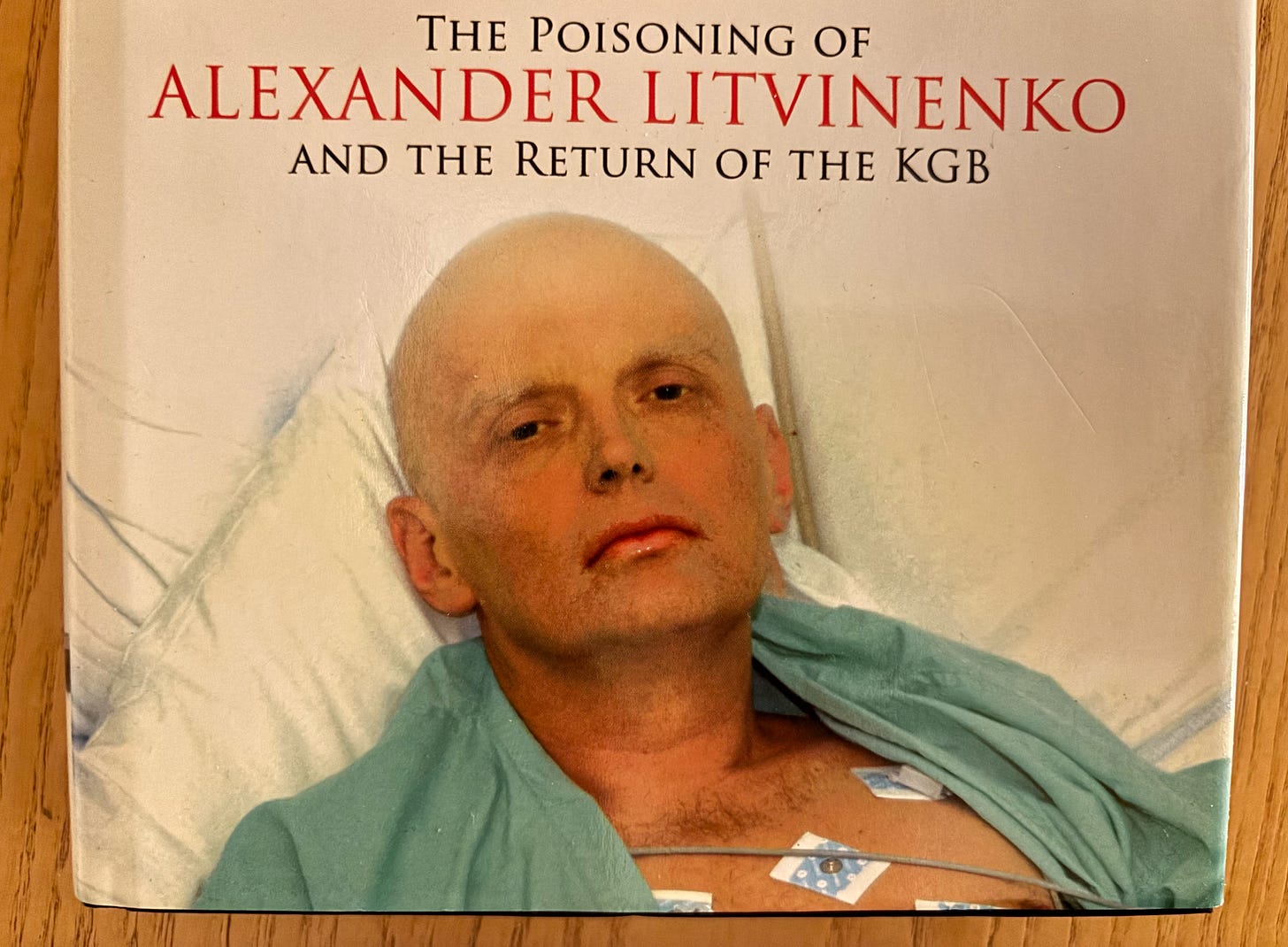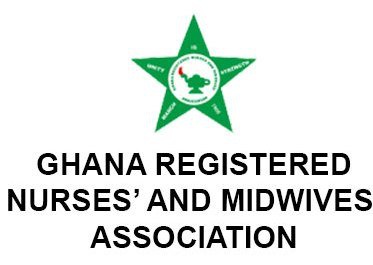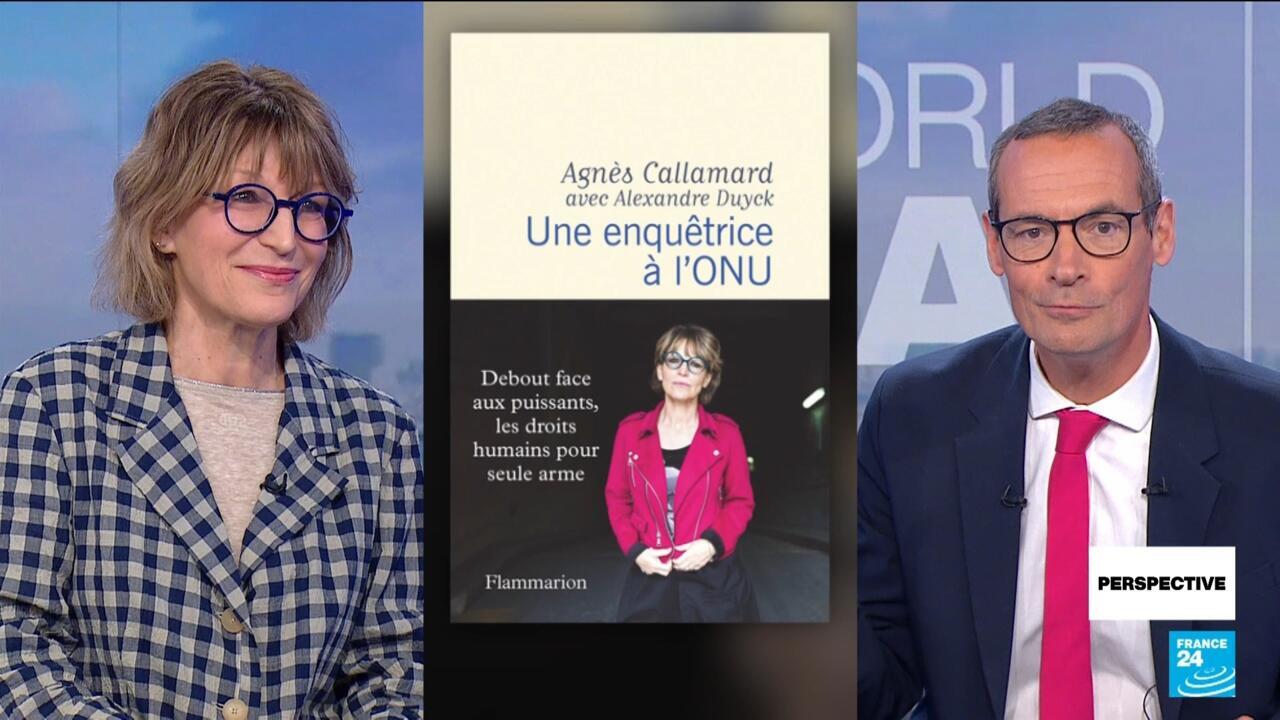Ukraine v Russia - by Joshua Rozenberg - A Lawyer Writes
Russia has been asked by the European Court of Human Rights to respond to allegations that it was responsible for 24 political assassinations or attempted assassinations between 2003 and 2020.1
They include the murder of Alexander Litvinenko in London in 2006 and the attempted murder of Sergei Skripal in Salisbury in 2018. Other victims named in a claim brought by Ukraine include the opposition leader Alexei Navalny and the journalist Anna Politkovskaya, both of whom were targeted within Russia.
Ukraine lodged its claim against Russia at the Strasbourg court in February 2021 — a year before the Russian invasion of Ukraine led to Russia’s expulsion from the Council of Europe, which administers the human rights convention.
Article 58 of the convention makes it clear that leaving the Council of Europe — and therefore the human rights convention — does not release a state from its existing obligations.
Ukraine alleges that Russia has breached article 2, the right to life. The two states have now been asked by the court whether Russia can be held legally responsible for the assassinations or attempted assassinations:
In particular, can it be established to the standard of proof required under article 2 of the convention that the Russian authorities were responsible for a violation of the right to life in the alleged 24 cases? In this context, can it be said that the acts complained of were attributable to the respondent government?
Moreover, what investigative steps have been taken by the Russian authorities into the incidents of the present case? More specifically, having regard to the procedural protection of the right to life… were the investigations by the Russian authorities in breach of article 2 of the convention?
Unlike most claims before the court, this one has been brought by one state against another. There are currently 15 inter-state cases pending before the human rights court, a third of them against Russia.
The United Kingdom government, among others, has been asked “to provide evidence of investigations at national level” into the attacks on its territory. That evidence is available from the public inquiries the UK has held into the Litvinenko murder and the attempt on Skripal’s life that led to the killing of Dawn Sturgess.
The human rights court has already established that Russia was responsible for assassinating Litvinenko. In 2021, it ordered Russia to pay his widow €100,000 in damages. By six votes to one, the court found a violation of article 2 in both its substantive and its procedural aspects. The dissenting judge, from Russia, was Dmitry Dedov.
There can be no doubt that the human rights court will again find that Russia was responsible for Litvinenko’s death. The same must apply to the attempted assassination of Skripal and no doubt others on Ukraine’s list.
One hopes that these findings will bring some comfort to the families of those targeted and some satisfaction to the authorities in Ukraine. But I can think of no way in which a ruling of the human rights court can be enforced against a state that is no longer a party to the human rights convention.










